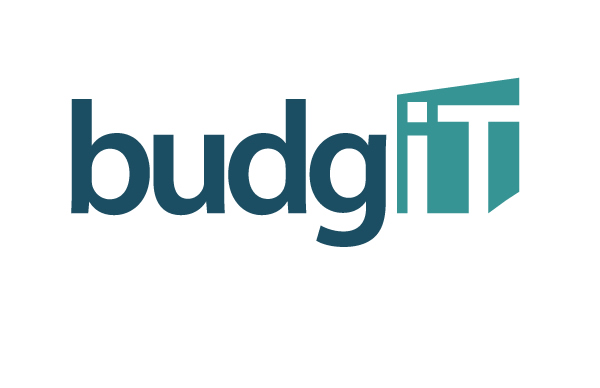A new report by civic-tech organization BudgIT has revealed that 32 of Nigeria’s 36 states relied on allocations from the Federation Account Allocation Committee (FAAC) for over 55 percent of their total revenue in 2023.
The report, titled State of States 2024, was launched on Tuesday in Abuja and highlights the fiscal vulnerability many states face due to their reliance on federal disbursements.
According to the report, Lagos and Ogun stand out as the only states less reliant on FAAC for their revenue.
The findings show that federal transfers made up at least 62 percent of recurrent revenue for 34 states, excluding Lagos and Ogun, while 21 states depended on these transfers for at least 80 percent of their recurrent revenue.
This dependence, BudgIT warns, leaves states exposed to risks linked to fluctuations in oil prices and other federal funding uncertainties.
The analysis further shows a substantial increase in states’ revenue by 31.2 percent, from N6.6 trillion in 2022 to N8.66 trillion in 2023, largely attributed to a 33.19 percent rise in FAAC allocations following the removal of the petrol subsidy.
However, BudgIT cautions that states’ reliance on FAAC allocations makes them susceptible to external economic shocks.
Lagos State emerged as the largest contributor to overall state revenue, generating N1.24 trillion, which accounts for 14.32 percent of the total.
Along with Rivers, Lagos was one of the few states able to generate sufficient internally generated revenue (IGR) to cover operating costs, with IGR-to-operating-cost ratios of 118.39 percent and 121.26 percent, respectively.
In contrast, states like Akwa Ibom, Bayelsa, and Taraba required federal transfers and other external support to meet operating expenses, relying on over five times their IGR.
BudgIT’s report also indicated that total spending by the 36 states rose to N9.78 trillion in 2023, marking a 21.19 percent increase over the previous year.
Lagos again led in expenditure, accounting for N1.49 trillion or 15.23 percent of total state spending, with rising personnel costs, overheads, and capital investments driving the surge.
Other states, including Ogun, Anambra, Cross River, Kwara, Kaduna, and Edo, managed to generate enough IGR to cover at least half of their operating costs.
Meanwhile, states such as Imo, Yobe, and Jigawa exhibited significant reliance on federal funds, with FAAC revenues and aid and grants making up the majority of their financial support.
Despite the heavy dependence on federal allocations, BudgIT noted that all states raised sufficient revenue to cover recurrent expenditures without needing to borrow for operational costs.
However, total state debt climbed by 38.1 percent, reaching N10.01 trillion by the end of 2023, further underlining the need for improved fiscal management.
In his address, BudgIT’s Country Director, Gabriel Okeowo, called for strategic steps to enhance states’ fiscal sustainability.
He urged state governments to boost IGR, reduce FAAC dependency, and adopt better debt management practices to secure financial stability amidst fluctuating federal revenue.
BudgIT also highlighted healthcare as a key area for fiscal investment, revealing that states allocated N2.3 trillion to the sector in 2023 but only spent 58.16 percent of this allocation.
Do you want to share a story with us? Do you want to advertise with us? Do you need publicity for a product, service, or event? Contact us on WhatsApp +2348183319097 Email: platformtimes@gmail.com
We are committed to impactful investigative journalism for human interest and social justice. Your donation will help us tell more stories. Kindly donate any amount HERE




